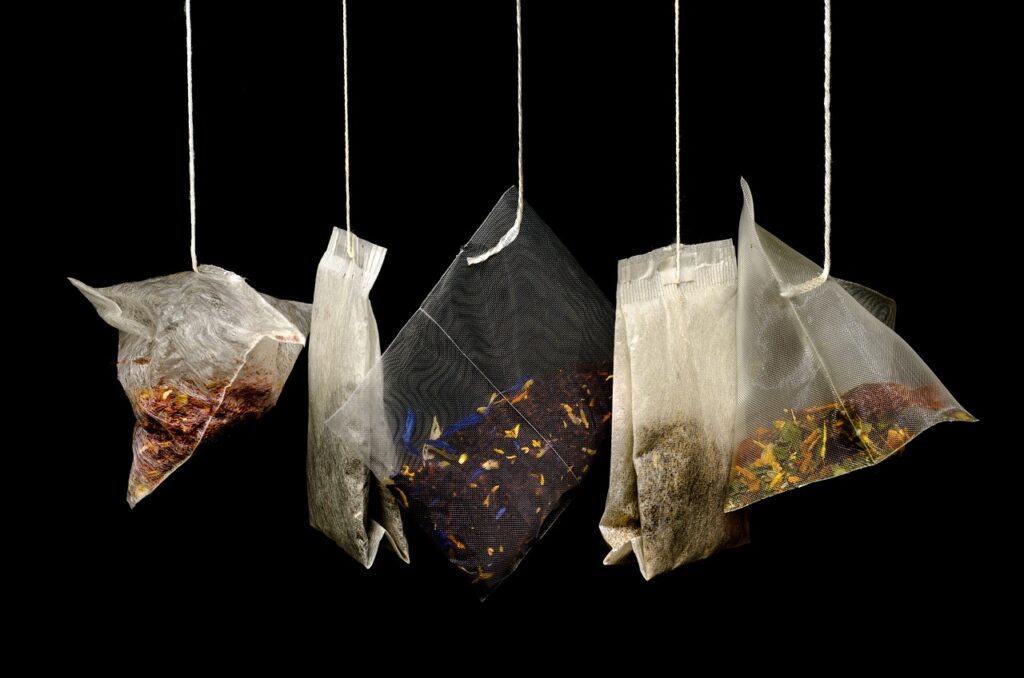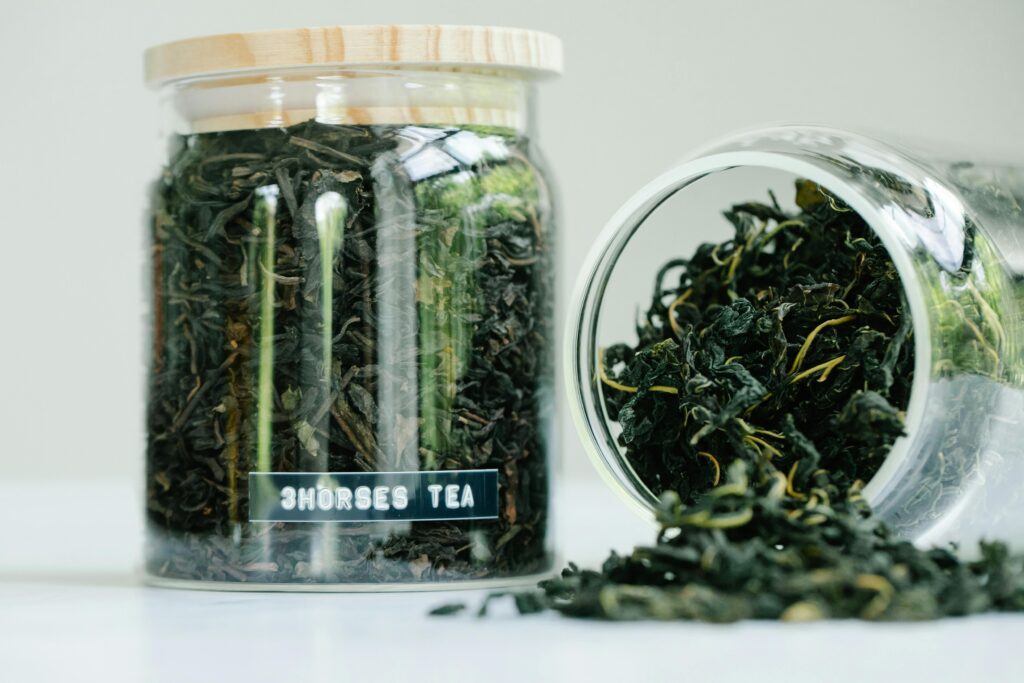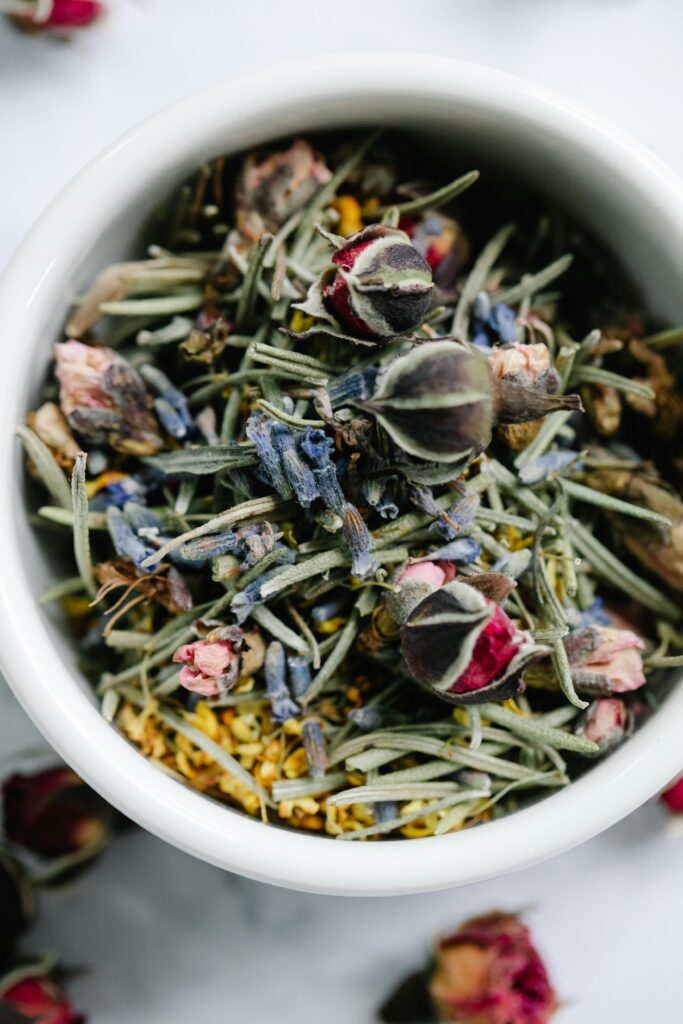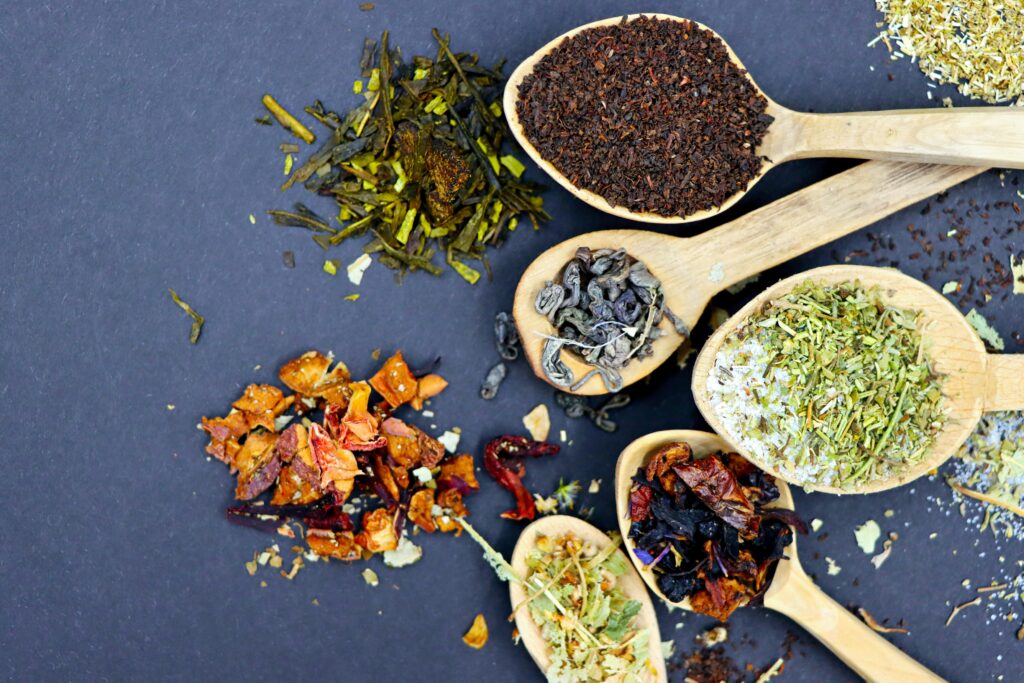Introduction
Antioxidants are at the heart of many health discussions, and herbal teas are consistently highlighted for their rich antioxidant content. But what does “antioxidants in tea” really mean for your body? In this article, we explore the science behind how antioxidants from tea work in your body, covering everything from free-radical neutralization to immune support, inflammation reduction, and aging defense—complete with evidence-based insights and practical tips to make your daily cup even more beneficial.
1. Understanding Free Radicals and Oxidative Stress
Free radicals are unstable molecules that can damage DNA, proteins, and cell membranes, potentially leading to inflammation, premature aging, and even chronic diseases. Antioxidants help neutralize these harmful molecules, restoring balance.
Harvard Health confirms that polyphenols—common in tea—act as potent antioxidants, helping reduce free radical damage. The Nutrition Source

2. Green Tea Catechins: The Gold Standard
Green tea from Camellia sinensis is particularly praised for its catechin content, especially EGCG (epigallocatechin gallate). A comprehensive literature review shows green tea catechins effectively inhibit oxidative stress, support metabolism, and even protect against certain cancers. PMC+1
Additionally, EatingWell highlights that green tea often has the highest catechin levels among teas, contributing to reduced inflammation and improved metabolic health. EatingWell
3. The Role of Antioxidants in Tea
Tea compounds such as catechins, theaflavins, flavonoids, and polyphenols serve multiple protective roles:
- Scavenge free radicals
- Support cardiovascular health
- Enhance cognitive clarity
PubMed has confirmed that tea catechins offer antioxidative benefits across various in vivo models. PMC
4. Herbal Teas That Love Your Cells
Though not “true teas,” herbal infusions also carry potent antioxidants:
- Chamomile contains apigenin and other polyphenols with mild antioxidative properties. Although clinical evidence remains preliminary, compounds like apigenin reduce inflammation and promote calm. Wikipedia
- Rooibos and peppermint contain various polyphenols and antioxidants beneficial for digestion and cellular protection. Verywell Health
- Matcha, a powdered form of green tea, delivers even higher concentrations of catechins and L-theanine compared to traditional green tea. Health

5. Antioxidants versus Pro-oxidants
High doses of potent antioxidants like EGCG can flip to pro-oxidant under some conditions—potentially creating oxidative stress rather than fighting it. Balance is key. MDPI
6. Daily Benefits of Drinking Antioxidant-Rich Teas
A Time article emphasizes green tea’s broad benefits—from heart health to cognitive support—thanks to its high catechin content. TIME
Nutritionists, featured on Real Simple, recommend antioxidant-rich teas like elderberry and rosehip among top immunity boosters. Real Simple
7. Choosing Teas for Maximum Antioxidant Benefit
Consider these factors:
- Use loose-leaf or whole-blend teas for higher compound levels.
- Avoid overheated brewing, which can degrade antioxidants.
- Explore blend teas like matcha and turmeric for variety in health benefits.

Related External Resources
- Healthline – 10 Healthy Herbal Teas You Should Try (list of teas rich in antioxidants) Healthline
- Harvard Health – The Health Benefits of 3 Herbal Teas (overview of tea and polyphenols) Harvard Health
- PubMed – Beneficial effects of green tea: Literature review (detailed scientific breakdown) PMC
- MDPI – Green Tea Catechins: Antioxidant & Anti-Inflammatory (mechanistic insight) MDPI
FAQ – Antioxidants in Tea
Q1: How do antioxidants in tea benefit my body?
They neutralize free radicals, support cardiovascular and brain health, and may reduce chronic disease risk.
Q2: Which tea has the most antioxidants?
Matcha leads due to its whole-leaf consumption, closely followed by green and oolong teas.
Q3: Can you have too much antioxidant tea?
Excessive intake of concentrated antioxidants like EGCG may turn pro-oxidant and impact the liver—moderation is key.
Q4: Are herbal teas effective antioxidants too?
Yes. Many herbal teas (e.g., chamomile, rooibos, turmeric) provide various antioxidant compounds to support overall health.
Disclaimer
The content on Tea Essence Hub is for informational and educational purposes only and is not a substitute for professional medical advice, diagnosis, or treatment. Always consult a qualified healthcare professional before using herbs or supplements, especially if you are pregnant, nursing, have a medical condition, or take medications.
Tea Essence Hub may include affiliate links. If you click a link and make a purchase, we may earn a commission at no additional cost to you. This helps keep our content free and does not influence our recommendations.
These statements about herbal teas and antioxidants have not been evaluated by the FDA. Products and ingredients mentioned are not intended to diagnose, treat, cure, or prevent any disease.

